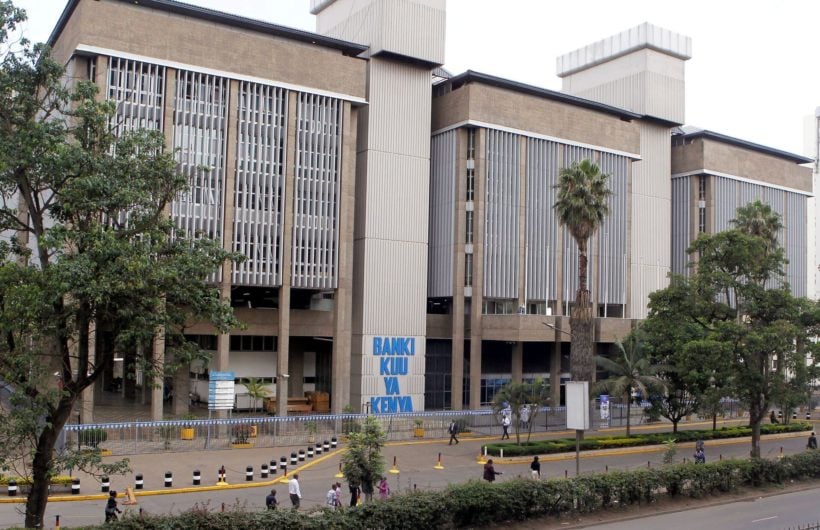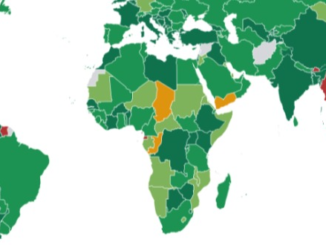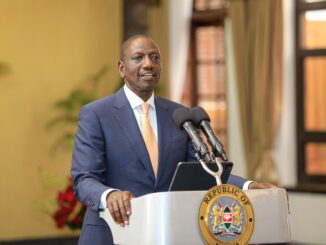
- Says Chinese loan could be concluded this financial year
- To partly help with Eurobond settlement if it is in time
- Eyes strong monetary action if shilling fails to stabilise

NAIROBI, Dec 6 (Reuters) – Kenya is likely get a fresh $1 billion loan from China in this financial year and it could use the cash to partly settle a Eurobond that is maturing next June, if it comes in time, the governor of the central bank said on Wednesday.
The loan was first announced by Kenyan authorities in October, marking a shift in the government of President William Ruto’s stance on Chinese lending, after criticising the loans during last year’s election campaign.
“The National Treasury is engaged with the Chinese government,” Kamau Thugge, the central banker, told a press conference.
“The timing is yet to be ascertained. Were we to get it before June 2024, it could be used to address the maturity of the Eurobond.”
Sovereign bond investors have been watching closely to see how the East African nation will handle the maturing $2 billion hard currency bond.
It struck a staff agreement with the International Monetary Fund last month, which increased the amount it can access under its current borrowing programme with the Washington-based fund.
It plans to use the external financing, including expected disbursements from the World Bank and the regional Trade and Development Bank, to pay the bondholders.
Policymakers are prepared to take “stronger action” to ensure the foreign exchange rate has stabilised, Thugge said, a day after the Monetary Policy Committee unexpectedly raised the benchmark lending rate by 2 percentage points.
“A shilling that continues to depreciate almost in a straight line does not indicate macroeconomic stability,” he said, referring to the currency.
The magnitude of this week’s hike means that policymakers could be reluctant to increase borrowing rates further, said a trader with a Nairobi commercial bank.
“They did it in one bitter pill,” said the trader, adding that the hike is likely to further fuel economic pain.
The governor defended Tuesday’s decision, saying the central bank’s stress tests showed higher interest rates would not have a “significant impact” on the financial sector, an assurance that was dismissed by some market participants.



